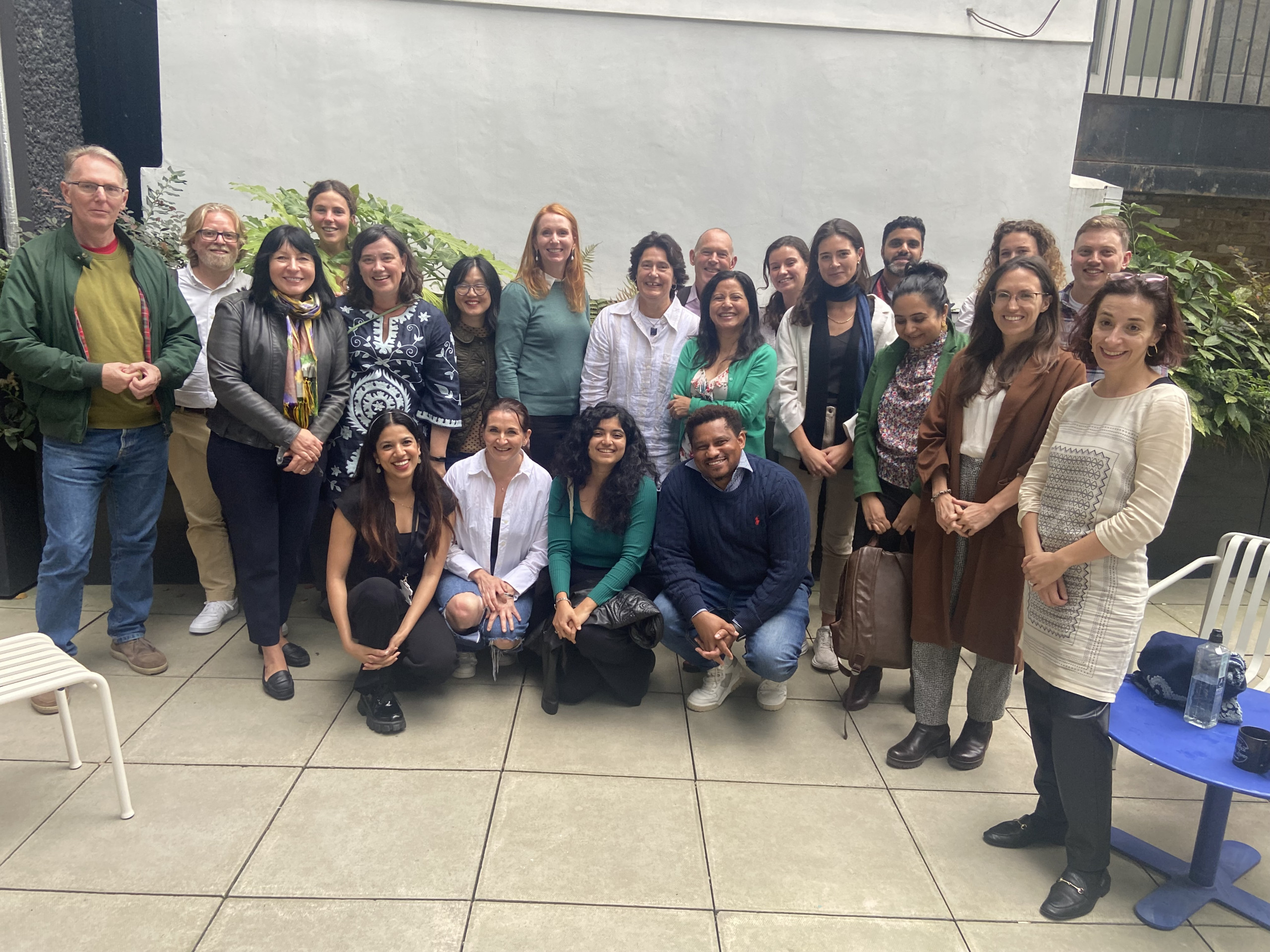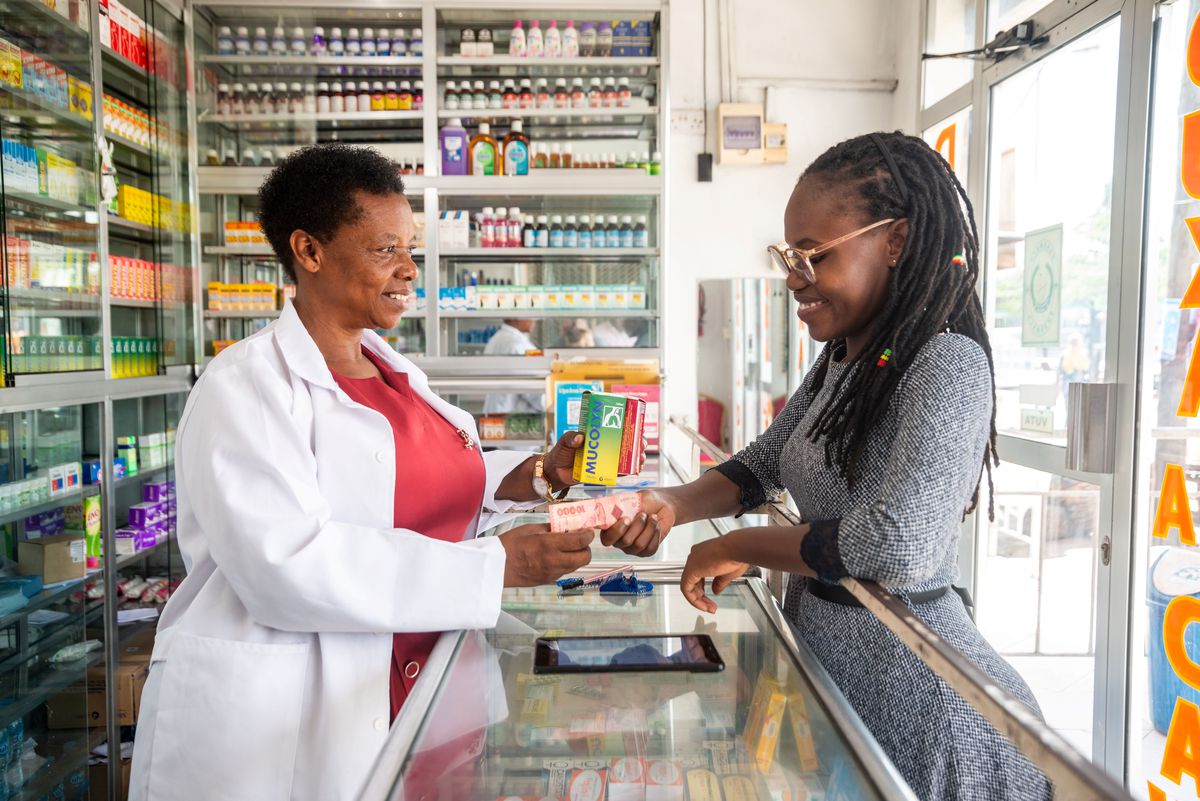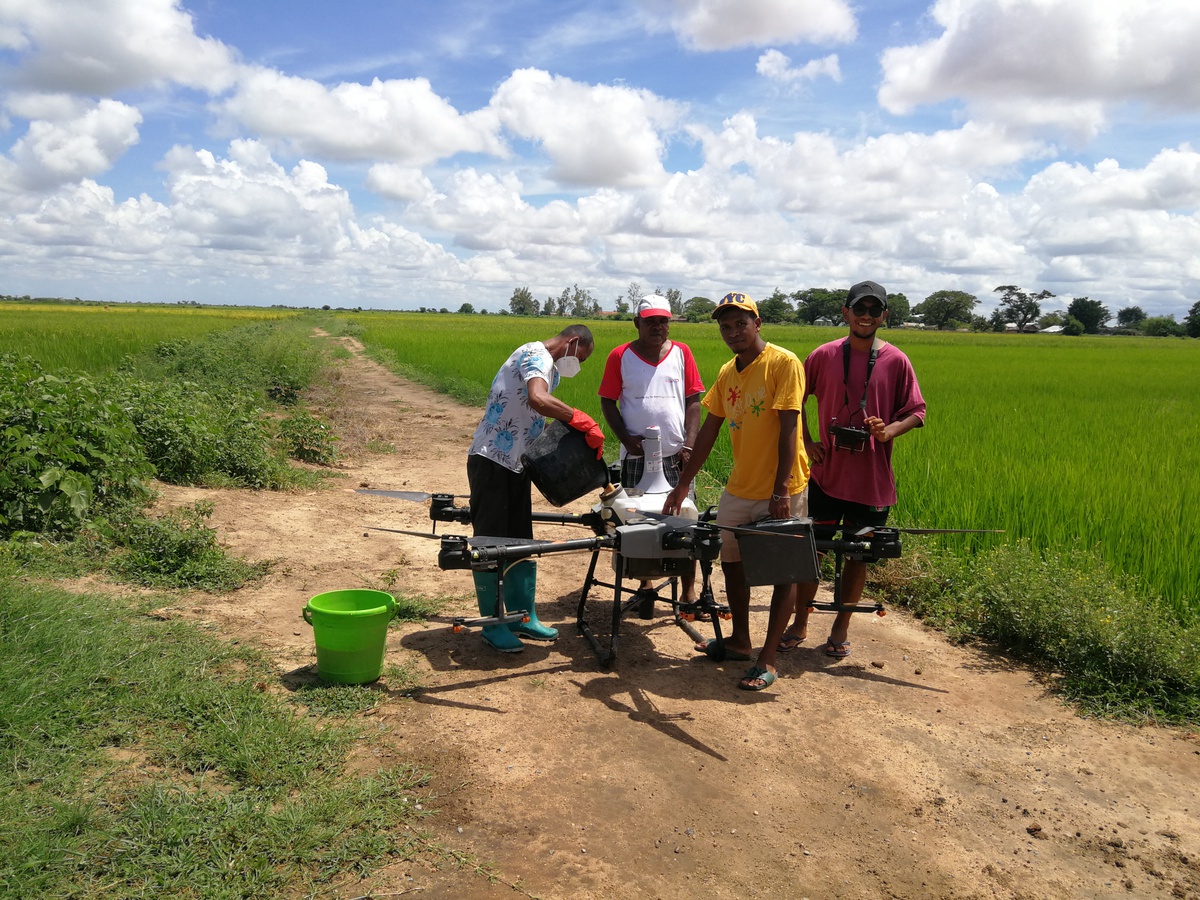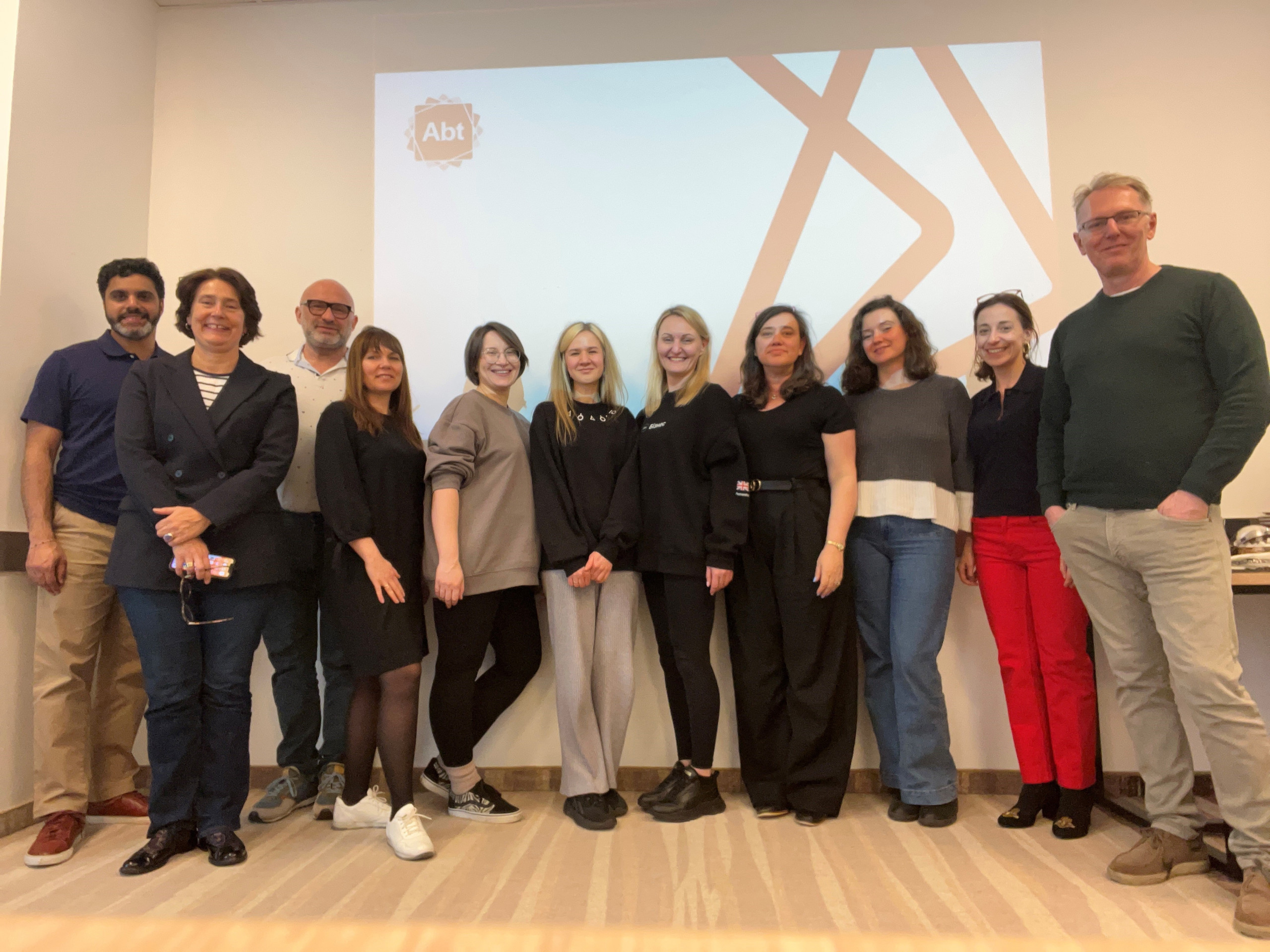Bold ideas meet real results. Get to know Sarah Dunn, a seasoned international development leader currently serving as the Managing Director of Abt Global Britain. While highlighting emerging trends and innovative solutions, Sarah invites you to take a closer look at how the company she joined in 2020 is shaping the future of international development.
Abt is a global organization with more than 50 years of experience in international development. Being among the top 20 global research firms and top 40 international development innovators, Abt mainly focuses on health, social, and environmental issues. Headquartered in the US, UK, and Australia it has offices in more than 40 countries.
In the DevelopmentAid ‘Hero Stories’ interview, Sarah provides detailed insights into Abt’s values, strategies, and aspirations, offering a glimpse into the organization’s ongoing commitment to creating positive change on a global scale.
DevelopmentAid: What inspired you to pursue a career in international development, and how does Abt align with your professional goals, particularly in your role as Managing Director of Abt Global in Britain?
Sarah Dunn: I’ve always been struck by the fact that people’s opportunities are often so closely tied to where they happen to have been born, rather than their capabilities. This realization has fueled my passion to address equity issues on a global scale. So, naturally, it seemed like the right fit for me to end up where I am now.
I’ve worked in various sectors both private and public, including for the UK Department for International Development and private foundations, and NGOs, all connected to international development. To witness the same sets of issues across various organizations and observe how they’ve contributed to achieving results and are striving to improve people’s lives has been truly enlightening.
Joining Abt was a natural choice for me because of its strong commitment to equity and values. Here, equity isn’t just talked about; it’s deeply embedded in the company culture. From program designs to internal practices like recent diversity training sessions, Abt truly walks the talk when it comes to promoting equity.

DevelopmentAid: And what makes it different from other places you’ve worked? What stands out as being special to you?
Sarah Dunn: Our company is global, with around 3500 people, and a majority of them, about two-thirds, are based overseas in the regions where we operate. This brings a richness of perspectives and insights which often leads to the creation of the best ideas and results. While I’ve worked in various global organizations before, the focus on diversity and inclusion here at Abt has been particularly striking.
DevelopmentAid: Abt aims to improve the quality of life and economic well-being of people worldwide. How does Abt determine the effectiveness and impact of the initiatives it chooses to focus on?
Sarah Dunn: Abt takes a strong evidence-based approach to all the work we do. We have a team of experts dedicated to monitoring and evaluation, employing a range of approaches. This includes everything from quasi-experimental methods like randomized control trials to qualitative evaluations and straightforward monitoring. We undertake research, so for example, in our health-related projects, we conduct epidemiological research and assess access constraints, collecting evidence to inform policymakers and decision-makers in the countries where we operate. We aim to provide insights gained from programs in diverse locations, such as Papua New Guinea or Indonesia, which may hold relevance for entirely different countries. We’ve developed tools like Air Counts which assess air quality and its impact on health outcomes. These tools, initially created for use in the US, can offer valuable insights in other locations as well.
DevelopmentAid: Considering the diverse range of projects and geographies that Abt operates in, how does the company approach cultural sensitivity and adaptability in its work with different populations and communities?
Sarah Dunn: So, one of the approaches we employ in individual countries is known as “thinking and working politically”. For the work we do, this entails examining the political economy within each country to understand the context and support progress that is aligned with the country’s realities. We prioritize cultural sensitivity through education and fostering an inclusive approach to dialogue. For our staff, this involves actively engaging and involving our teams from various programs worldwide in broader company initiatives, ensuring they don’t feel isolated. From Latin America to the Middle East, and from Africa to Europe, our teams work tirelessly to address the unique challenges and opportunities present in each region.
DevelopmentAid: Can you share an example of a project where Abt identified unconventional patterns or solutions that led to unexpected but impactful outcomes, aligning with the company’s philosophy “Bold Ideas. Real Results”?
Sarah Dunn: Well, let me mention a couple of examples. In Ukraine, we’re collaborating with economic think tanks and local partners to inform and think through macroeconomic scenarios with and for the government. This involves understanding reconstruction needs and ensuring diverse stakeholder engagement for a non-militarized response.
Another example from Ukraine is our work on telemedicine. Despite challenges posed by the war, we’ve collaborated with the government and various telemedicine providers to develop policies and structures enabling remote healthcare delivery. This has been transformative, providing healthcare in areas where traditional means would have been impossible. From remote diagnoses to medical professionals supporting each other, the impact has been significant.
In Africa, we have a program called the Health Electrification and Telecommunications Alliance. With USAID support, we’re convening various private sector entities to provide sustainable electrification to last-mile health facilities.

In Indonesia, we’re partnering with different organizations to develop a blue bond for protected waters in the region. These examples illustrate our commitment to innovative solutions that are tailored to local contexts.
DevelopmentAid: Given the significance of collaboration with stakeholders and partners, how does the company build and sustain partnerships with governments, NGOs, academia, and other key actors to amplify its social impact in the communities it serves?
Sarah Dunn: Some of it is about how you do things. You need to be good at listening, you need to be humble and continuously learn to ensure you’re well-informed about what will have the greatest impact. I think what we bring as a company is truly a blend of passion for our work alongside a steadfast commitment to evidence-based practices. This emphasis on evidence-based decision-making is a value we bring to the table, but obviously, we need to hear the evidence and experience from a variety of stakeholders.
Being reliable, meeting deadlines, and fulfilling quantity commitments are essential aspects. For instance, we have a large-scale malaria program primarily operating in Africa, covering more than 20 countries. This program focuses on vector control spraying, employing proven technologies. We work closely with local authorities and stakeholders in its implementation. In Madagascar, we’ve even utilized drone technology to spray specific areas which was a logical decision. Our strategy involves listening to and understanding the actual challenges faced by local communities, leveraging partnerships to achieve optimal results.

DevelopmentAid: What are some of the challenges Abt faces when working on projects spanning beyond Britain’s borders?
Sarah Dunn: One of the challenges is that the world is constantly evolving, isn’t it? We may have meticulously designed programs in collaboration with our donor partners or other clients. However, as we start implementing these programs, circumstances change. In Indonesia, for instance, where we were engaged in a governance program, we needed to adjust to support the response to COVID-19, focusing on decentralization efforts that had been ongoing in the country for several decades.
The program we’ve undertaken in Ukraine began before the outbreak of war. Initially, our program aimed to support the private sector and explore regulatory improvements, potentially establishing a one-stop shop for private sector support. However, post-war, our focus shifted. We continued supporting the private sector, but now in collaboration with the Ukrainian government, with a specific focus on businesses led by women. Many of these businesses are emerging and operating in western Ukraine and Poland. Adapting to the evolving situation demands careful consideration to ensure we maintain our impact.

DevelopmentAid: What recent global trends have you observed and how do these influence or impact development programs? What are your thoughts on this?
Sarah Dunn: Gosh, there’s plenty to discuss, isn’t there? I mean, where should we start? One notable trend is international development and climate change coming together in a much clearer way than perhaps was the case 10 or more years ago. And regarding climate change initiatives, there’s a noticeable shift towards ensuring that economic growth programs are centered on the concept of “building back better”.
I believe another significant trend is the adoption of a multi-sectoral approach to international development. Its importance is growing more evident. The challenges faced by the world are increasingly complex, requiring solutions that span multiple disciplines and sectors. Whether it’s addressing the intersection of health and climate, integrating economic development with agricultural practices and climate resilience, or promoting nature-based solutions alongside sustainable livelihoods for affected communities, this approach is gaining traction across sectors.
Thirdly, there’s a growing necessity to anticipate and address future challenges in our work. In the health sector, this translates to a heightened emphasis on health security, unlike anything seen before. Additionally, there’s a need to consider the impact of climate change on disease patterns and the resilience of healthcare infrastructure and services. These trends underscore the importance of forward-thinking and adaptability in our approach to development.
DevelopmentAid: If you were to provide insight on addressing these trends, what strategies do you believe are essential? How effectively do you think we are currently responding to these trends, and are we adequately providing solutions for both present and future challenges?
Sarah Dunn: We can always do better. There’s a need to broaden our partnerships to include a diverse array of stakeholders, such as local organizations, the private sector, the public sector at various levels, universities, and think tanks. Building wider coalitions and partnerships not only brings different expertise to the table but also enables different financial flows and fosters deeper engagement with the communities we aim to assist.
I want to highlight the importance of localization. This is the direction we need to move in and are beginning to do so. Historically, for initiatives to endure beyond the conclusion of a program, it’s crucial for the people within the community or country to be fully invested and involved in its continuation. We’ve witnessed a gradual political shift towards a greater commitment from governments and donor countries in the global north towards localization. However, there are challenges to overcome, including risk appetite regarding the systems and capabilities of local partners. It’s essential to integrate investments to build the capacity of local organizations into our programs. Different donors and organizations are at varying stages on this journey, but I anticipate significant changes in the landscape in the coming decade or two.
DevelopmentAid: What personally motivates you to lead initiatives that align with the values of Abt?
Sarah Dunn: What motivates me? It’s improving people’s lives. It’s important to have both the passion and the focus on evidence and results. Simply caring about a cause is not sufficient; we must also understand what works and apply it effectively, tailored to the specific context we’re operating in.
DevelopmentAid: How do you envision the future growth and impact of the organization from your perspective? Do you have specific key performance indicators you focus on, or perhaps new tools or values you’re considering aligning with the company?
Sarah Dunn: I foresee several key elements shaping the future growth and impact of our organization. Firstly, there’s a natural evolution towards becoming more localized, especially in our international development efforts. This means having stronger leadership presence in the countries we serve. Secondly, our core values will remain central to our mission and decision-making. Additionally, we’ll focus on innovation, especially in digital solutions, to stay relevant. Furthermore, building diverse partnerships will be crucial to drive innovation and lasting impact. Lastly, maintaining a culture of learning and adaptation will be essential for our long-term success.

